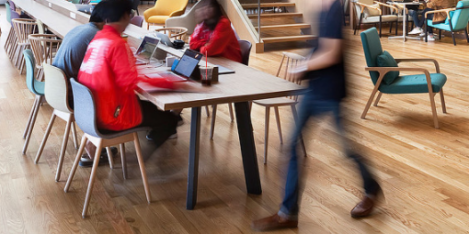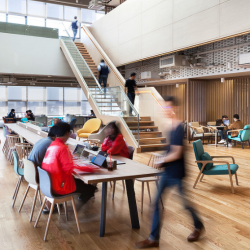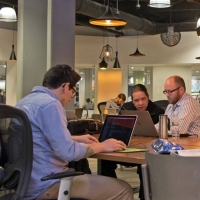February 14, 2023
Flexible working has been an ‘unexpected gift’ for employers
 A survey from CBRE claims that the imposition of more hybrid and flexible working has been an ‘unexpected gift’ for both employers and employees. The poll of 20,000 employees worldwide suggests that flexibility plays an important role for both employee and employer decision making. Other benefits include increased productivity and more innovative thinking. Flexibility about where and when work takes place was particularly important to workers. Around 40 percent of workers both globally and in the UK, noted flexibility as the primary factor in assessing job opportunities, with a company’s commitment to work-life balance another crucial factor. (more…)
A survey from CBRE claims that the imposition of more hybrid and flexible working has been an ‘unexpected gift’ for both employers and employees. The poll of 20,000 employees worldwide suggests that flexibility plays an important role for both employee and employer decision making. Other benefits include increased productivity and more innovative thinking. Flexibility about where and when work takes place was particularly important to workers. Around 40 percent of workers both globally and in the UK, noted flexibility as the primary factor in assessing job opportunities, with a company’s commitment to work-life balance another crucial factor. (more…)
































February 10, 2023
Working parents are resilient, and a resilient team is good for business
by Erin Eatough • Comment, Wellbeing